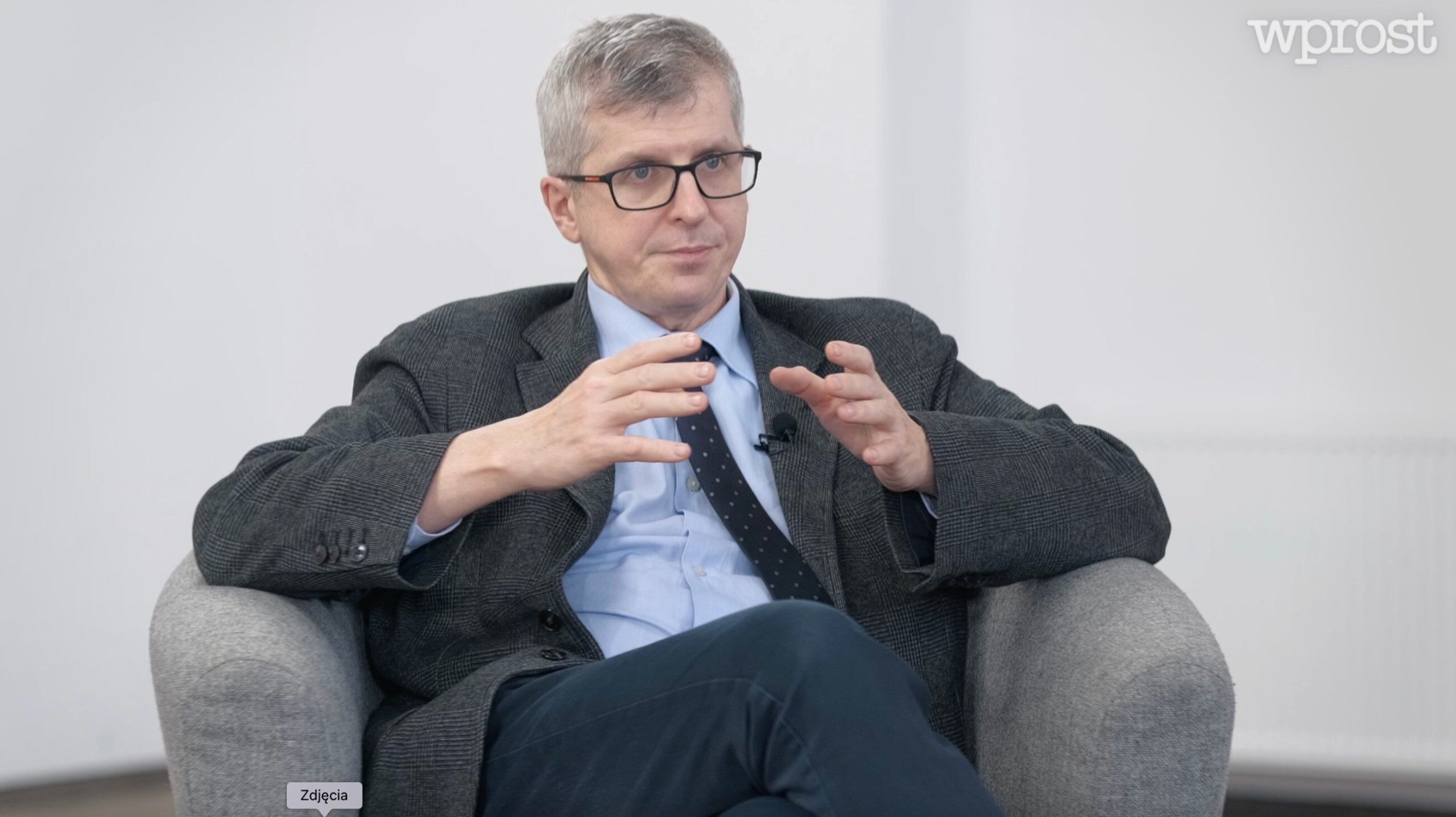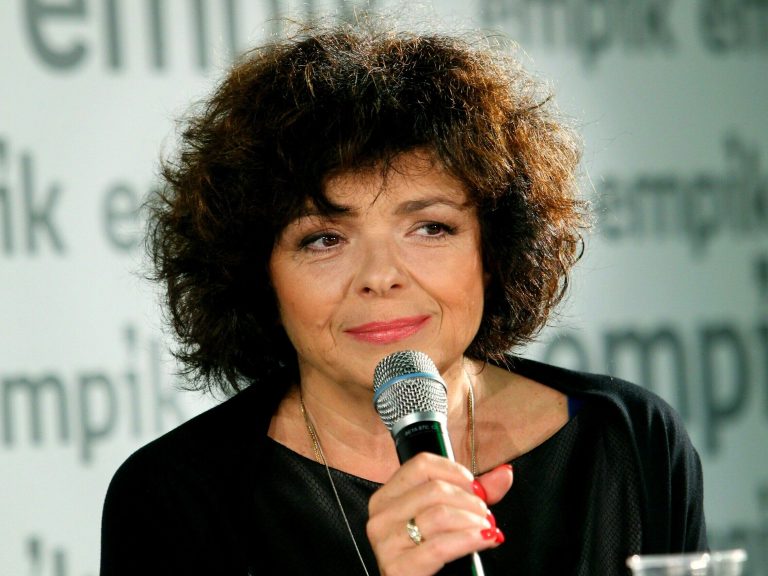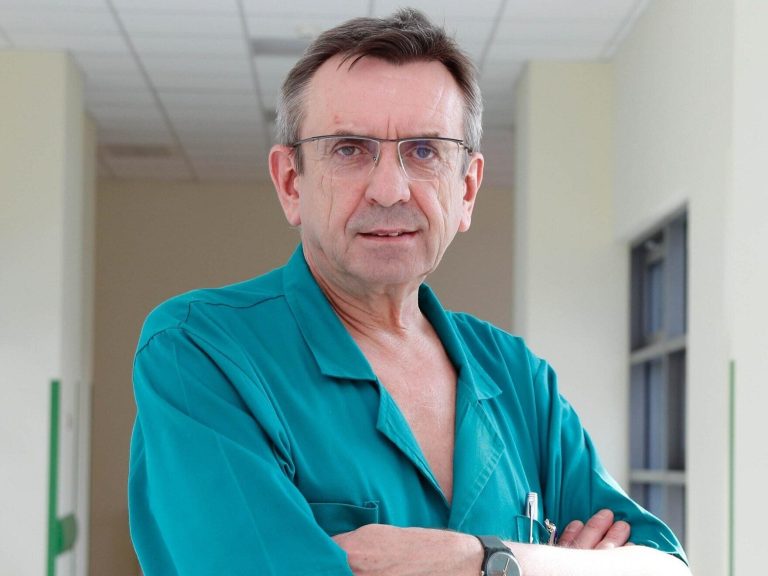Prof. Rutkowski: This is how cancer treatment standards are changing. Curiosity led me towards science

Research conducted in Poland has the opportunity to change the standards of treatment in some cancers, Polish oncology is becoming important in the world – argues Prof. Piotr Rutkowski, one of the most frequently cited Polish scientists in the world, president of the Polish Oncological Society. It talks about how cancer treatment is changing today, as well as the chances for the first Polish oncology drugs.
Prof. Piotr Rutkowski, who is the head of the Soft Tissue, Bone and Melanoma Cancer Clinic at the National Institute of Oncology-PIB, in 2023, as one of two Poles in the field of medical sciences, was among the most frequently cited scientists in the world. His research mainly concerns melanomas and sarcomas. Some of them are already changing treatment standards. The most important thing, however, is that they are used by Polish patients who are treated in Poland at the highest world level.
In his opinion, the basis of success is work and a good team, because cancer treatment and conducting scientific research always involve teamwork. – Cooperation with other centers, including international ones, is also necessary. We cooperate with, among others: with melanoma groups in Italy, the Netherlands, France; it gives results. The work of a scientist and a doctor is not easy to reconcile, but it is worth doing because there is still a lot to discover in both clinical and translational medicine. I have been a doctor for 25 years and have been conducting clinical trials for 25 years. I have always been guided by curiosity, says Prof. Rutkowski. The more a doctor conducts scientific research, the more effectively he can treat patients, because he learns more and more about the disease itself and the mechanisms of action of new drugs, and at the same time gains experience in their use.
Financing scientific research
For the development of science and medicine, it is necessary to finance the so-called non-commercial, academic research, implementing researchers’ ideas, not sponsored by pharmaceutical companies. – We had already tried to conduct non-commercial research at the Institute, but in Poland a breakthrough for clinicians in conducting non-commercial clinical trials was brought only by the establishment of the Medical Research Agency – he says. Similar agencies have existed for many years in other countries and have large budgets. – We are lucky because we are the only country in our region that has the opportunity to finance academic research. We should develop these opportunities, also in neighboring countries, argues Prof. Rutkowski.
In addition to stable financing options for scientific projects, it is also necessary to: good organization of scientific research. – A scientist should be concerned with the implementation of the project, not with constant discussions about how to settle it and bureaucratic problems – he emphasizes.
Do Poles have a chance in the race to “defeat cancer”?
Polish oncology is becoming more and more important in the world, more and more scientists and clinicians are conducting clinical trials. Some of them have already led to changes in the way some cancers are treated, while some of them still have to wait for the results. – My team has been the leader of the so-called hypofractionated radiotherapy in patients with sarcomas. We already have several of our own studies on this topic, which have already resulted in a change in treatment standards. I am convinced that Polish oncologists will soon boast about the results of their research at international meetings – notes Prof. Rutkowski.
There are already several biomedical companies in Poland that conduct very advanced research on new molecules. – These could potentially be new Polish drugs in oncology – emphasizes Prof. Rutkowski.
How scientific projects are created, what Polish oncological drugs may be developed in the near future, how clinical trials are financed in other countries and whether Poles have a chance for the Nobel Prize in medicine – see the entire interview with prof. Piotr Rutkowski, general and oncological surgeon, head of the Department of Soft Tissue, Bone and Melanoma Tumors of the National Institute of Oncology. Maria Skłodowska-Curie in Warsaw, chairman of the Polish Oncological Society. The entire conversation is available here:






